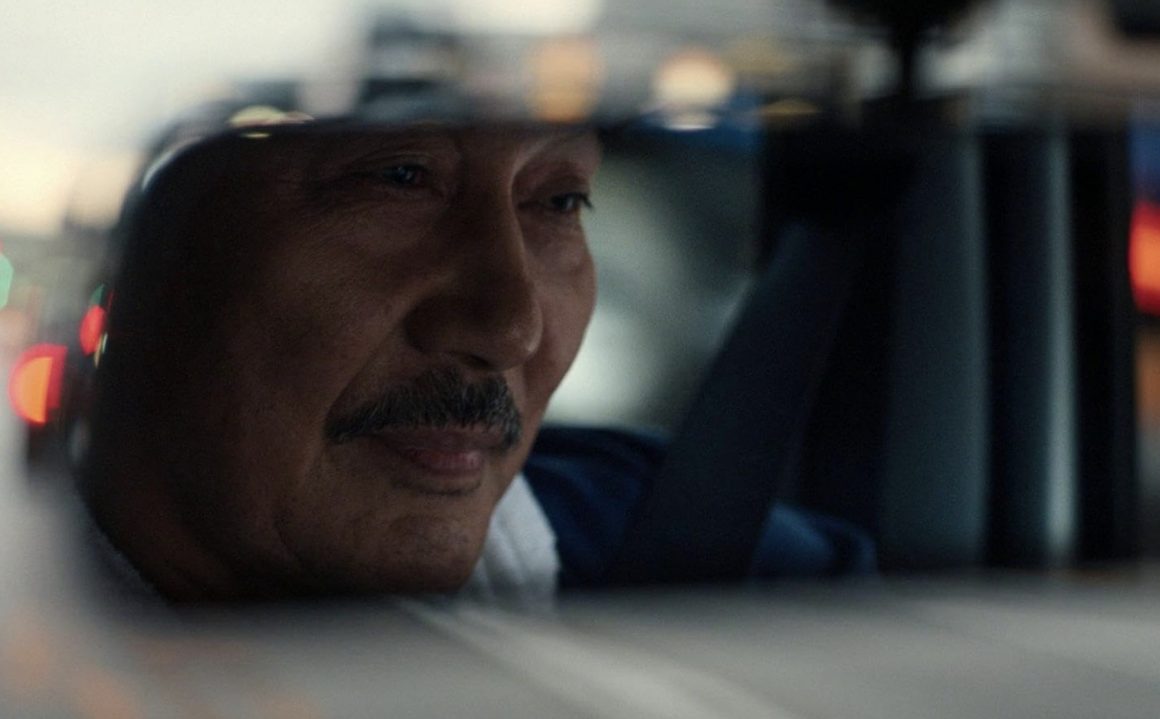
Film Review: Perfect Days
By Jyotirmoy Gupta, May 1 2024—
When you google the film Perfect Days, you will see that it calls itself a drama. But having watched the film, I can assure you it has no drama. And neither does it pretend to have any. It breaks one of the basic tenets of filmmaking by removing any central conflict. Our central character, Hirayama, is a toilet cleaner, and despite your preconceived notions, he has no issues with his profession or life. The film reveals very little back story; it only delves into Hirayama’s present routine. I see this film as a manual, a way to look at life. In this capitalistic world, where we are constantly pushed forward to become better than others, Hirayama is a breath of fresh air. The phrase ‘living in the moment’ has shifted in meaning. Our society is so driven by the thirst for new experiences or sensations that living in the moment is only relevant if the moment offers something new.
Hirayama is not a recluse who dropped out of society. Rather, he is a functioning citizen who lives an ascetic life in the urban jungle of Tokyo. He wakes up every morning, puts on his overalls, buys the same coffee from the vending machine every time and goes to work. On his way to work, he listens to Velvet Underground and other famous bands from the 60s, and he looks at his surroundings with a gentle curiosity. Hirayama works as a toilet cleaner for the Tokyo Toilet Project. And he does his job with utmost dedication and respect. He even goes the extra mile by using a mirror to clean the underside of the toilet. He goes to the same restaurant after work and then repeats the same the next day. His routine is slightly challenged when his desperate co-worker needs money for a date or when his niece arrives at his doorstep after running away from home. But these small offshoots don’t offer much; we see Hirayama returning to his routine more or less.
I understand some of the criticism of the film, where critics complained about idolizing Hirayama’s minimalistic life and not offering any resolution. By the time you leave the theatre, you don’t know why Hirayama is cleaning toilets or when and how he started listening to English music. That might be mildly infuriating for some, but the point of the film is that we don’t need to know. It is on our part to understand that we don’t need exact motivations to lead a simple life like Hiarayama. Wherever we are, whatever we do, there is meaning in it if we look closely.
The film is directed by Wim Wenders, a German who has been working in Hollywood for quite a while. Wenders has been driven by his curiosity for other cultures and has previously made a documentary on Japan. When the Japanese government decided to install these stunning architecturally beautiful toilets in Tokyo as a part of the Tokyo Toilet Project, they called upon Wim Wenders. It was while documenting this project that Wenders came up with the idea of the film. The toilets you see in the film are real, and the film was shot on location.
Instead of a Westerner trying to appropriate Japanese culture, I see Wim Wenders as a person deeply interested in the spirituality of the Japanese work ethic. Yes, a few choices seem trite, like using the song “House of the Rising Sun” for a movie based in Japan or even using Lou Reed’s song “Perfect Day” feels like a cliche. But Franz Lustig’s camera work in this film is so exceptional that it eclipses some certain loopholes in the film. The film got a well-deserved nomination at the Oscars, and it certainly deserves your time and attention.
